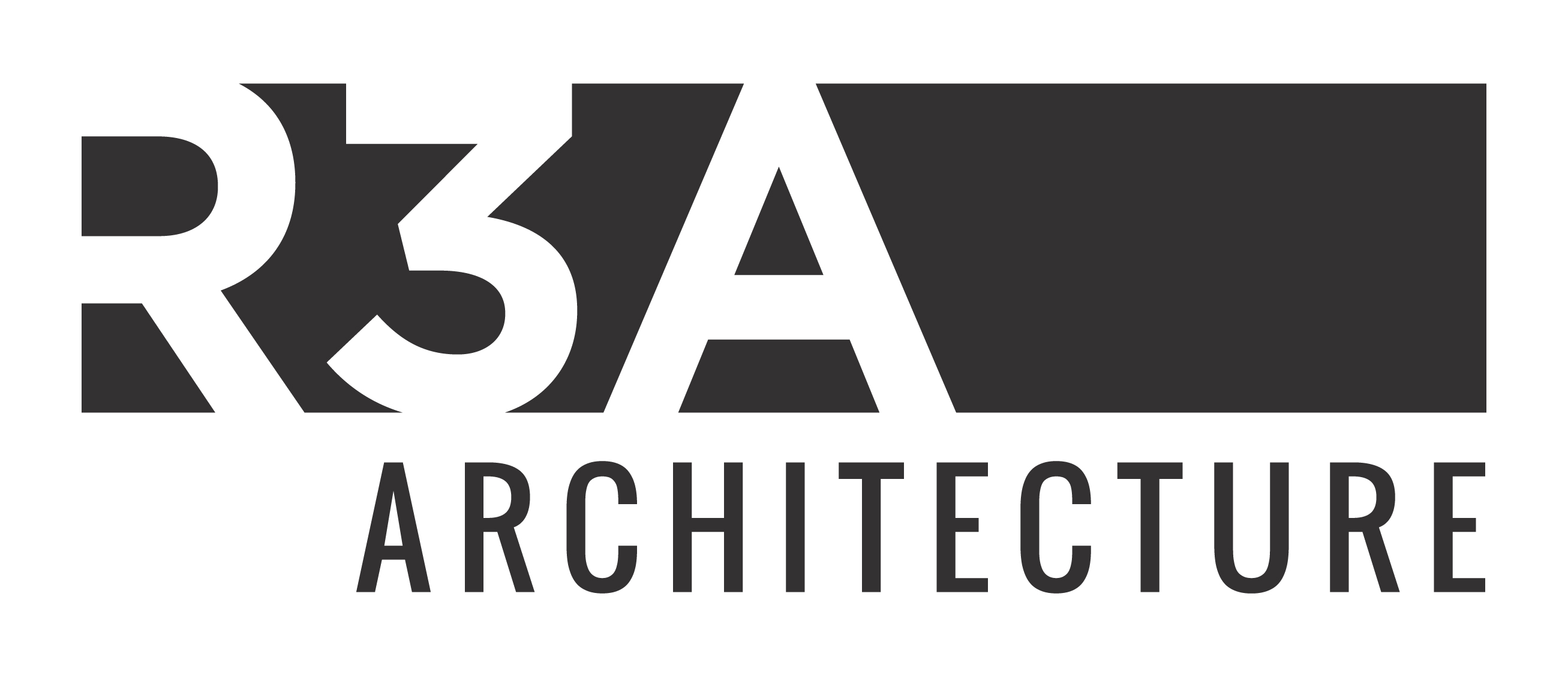Evening Tour
Cutting-Edge Labs at Carnegie Mellon
Sponsored by Buro Happold and R3A Architecture


Tuesday, October 18
5:15 p.m. - 7:45 p.m.
Registration: $85
Transportation provided
Carnegie Mellon University (CMU) has been at the forefront of sustainable laboratories since Labs for the 21st Century was started nearly 25 years ago. Visit some of the new and repurposed research spaces on CMU’s campus: the Claire and John Bertucci Nanotechnology Laboratory, Environmental Engineering Lab, and ANSYS Hall, as well as Scaife Hall, which is currently under construction.
The Claire and John Bertucci Nanotechnology Laboratory won both a 2019 International Architecture Award and a 2019 American Architecture Award from The Chicago Athenaeum Museum of Architecture and Design and The European Centre for Architecture Art Design and Urban Studies. Included in the 14,000-square-foot facility is the 8,500-square-foot Class 10/100 Eden Hall Foundation Cleanroom, which is characterized as one of the most energy-efficient cleanrooms in the United States. The nanotechnology lab as a whole has helped the Sherman and Joyce Bowie Scott Hall building earn the distinction of being certified LEED Gold.
The 2020 renovation of CMU’s Environmental Engineering laboratory was a comprehensive update of the 6,000-square-foot facility combining three partitioned spaces into a modern, open lab. Mechanical equipment in the rafters were removed when the HVAC systems were consolidated with the adjacent Ansys Hall. This allows for natural light to fill the space and creates flexible workstations that are optimal to change and respond to current and emerging sustainability issues for many years to come. New variable air flow fume hoods with air flow tracking reduce annual energy consumption—even with the addition of a BSL2 facility.
Ansys Hall is a four-story, 36,000-square-foot mixed-use building and the hub of the College of Engineering’s “Maker Ecosystem” that includes nano-, micro-, and macro-fabrication. The building requires 30 percent less energy and 40 percent less water than buildings of similar size and occupancy. The building's water quality is controlled by a state-of-the-art filtration system and its green roof has helped to decrease stormwater runoff by 25 percent.
Carnegie Mellon has also started construction on the new Alan Magee Scaife Hall of Engineering to accelerate collaboration across the university. The new building will more than double the size of the original Scaife Hall, but the energy consumption will be lower due to investment in sustainable features such as advanced filtration/purification, variable/low flow fume hoods, and high-efficiency sensible heat recovery in the laboratory exhaust systems. The building will open in 2023 and is planning to achieve a LEED Gold rating.
Back to the 2022 I2SL Annual Conference


 2022 HOME
2022 HOME